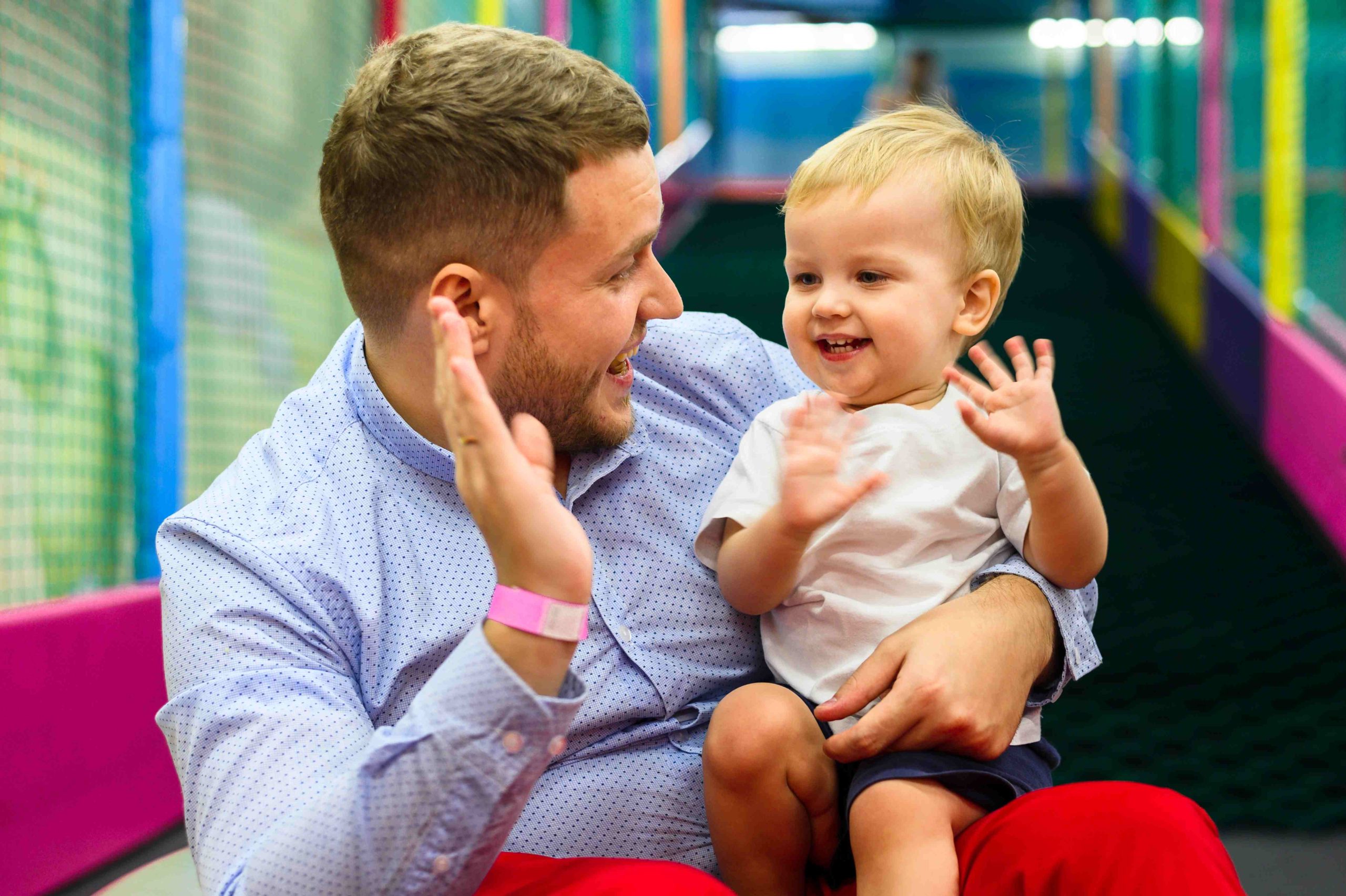
Introduction
Laughter, a universal language, has the power to bridge gaps and enhance learning. Its effects on social and emotional development in young children are profound. Research indicates that laughter can reduce stress, boost immunity, and enhance overall well-being, making it an invaluable tool for preschoolers. Integrating joke-telling into early childhood education can foster crucial cognitive, social, and emotional skills. This article explores the advantages of teaching preschoolers to tell jokes and offers practical tips for educators.
Benefits of Teaching Preschoolers to Tell Jokes
- Language and Literacy Development: Teaching preschoolers to tell jokes facilitates the development of essential language and literacy skills. Through crafting and sharing jokes, children expand their vocabulary, grasp syntax and grammar, and learn to convey meaning effectively.
- Cognitive Progress: Joke-telling encourages cognitive development by stimulating problem-solving and critical thinking skills. Preschoolers learn to structure jokes, identify punchlines, and employ wordplay, fostering creativity and divergent thinking.
- Social and Emotional Growth: Engaging in joke-telling cultivates social skills like turn-taking, active listening, and appropriate responses. It also promotes empathy and perspective-taking as children learn to understand different viewpoints and emotions. Moreover, humor serves as a tool for managing stress and regulating emotions in challenging situations.
Practical Techniques for Including Joke-Telling Instruction in the Classroom
- Modeling Joking: Teachers can lead by example, sharing simple jokes to demonstrate joke construction and delivery, encouraging children to follow suit.
- Utilize Picture Books: Incorporating joke-filled picture books exposes children to diverse forms of humor while enhancing their comprehension and enjoyment of jokes.
- Promote Originality: Encourage children to create their own jokes, fostering imagination and inventive thinking. Providing prompts or themes can inspire children to develop unique jokes.
Tips for Adults in Teaching Joke-Telling
- Lead by Example: Adults should deliver jokes clearly and enthusiastically, setting a positive example for children to emulate.
- Provide Practice Opportunities: Creating a supportive environment where children feel encouraged to share jokes fosters confidence and skill development.
- Offer Guidance and Feedback: Adults can offer guidance on joke creation and delivery while providing constructive feedback to refine children’s joke-telling abilities.
- Teach Humor Etiquette: Help children understand the difference between appropriate and inappropriate humor, emphasizing respect and kindness in joke-telling.
Conclusion
Teaching preschoolers to tell jokes is a rewarding endeavor with multifaceted benefits. By integrating joke-telling into early education, educators can nurture children’s linguistic, social, and emotional competencies. Through thoughtful instruction and encouragement, children develop valuable skills that extend beyond the classroom, enriching their lives for years to come.


